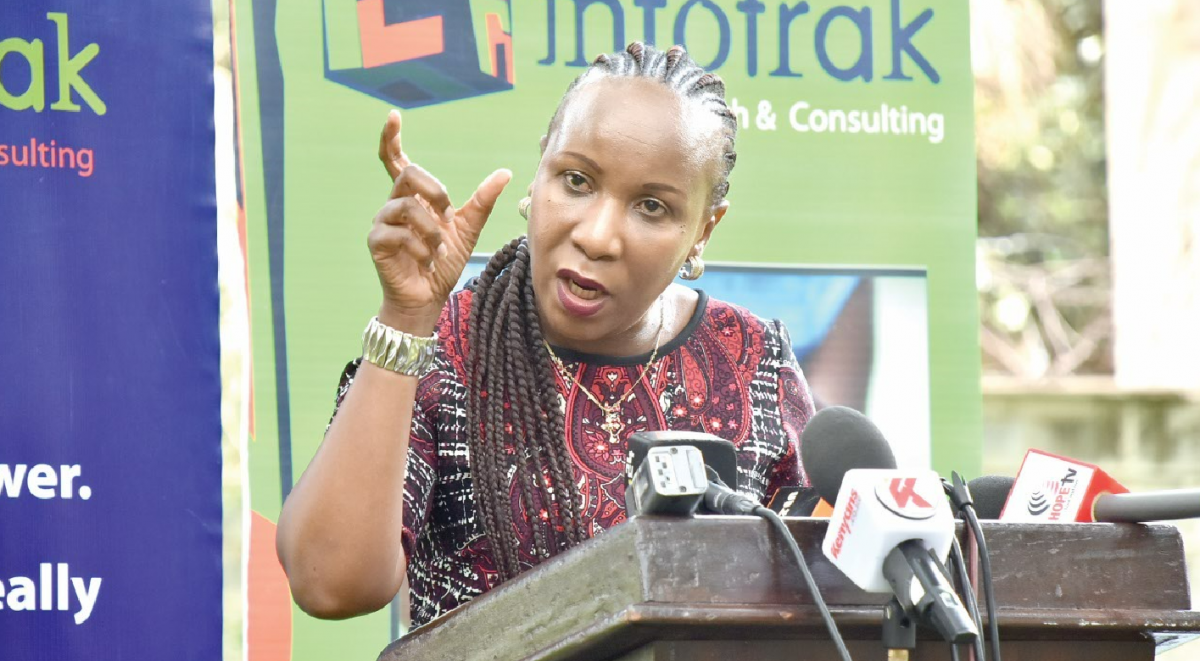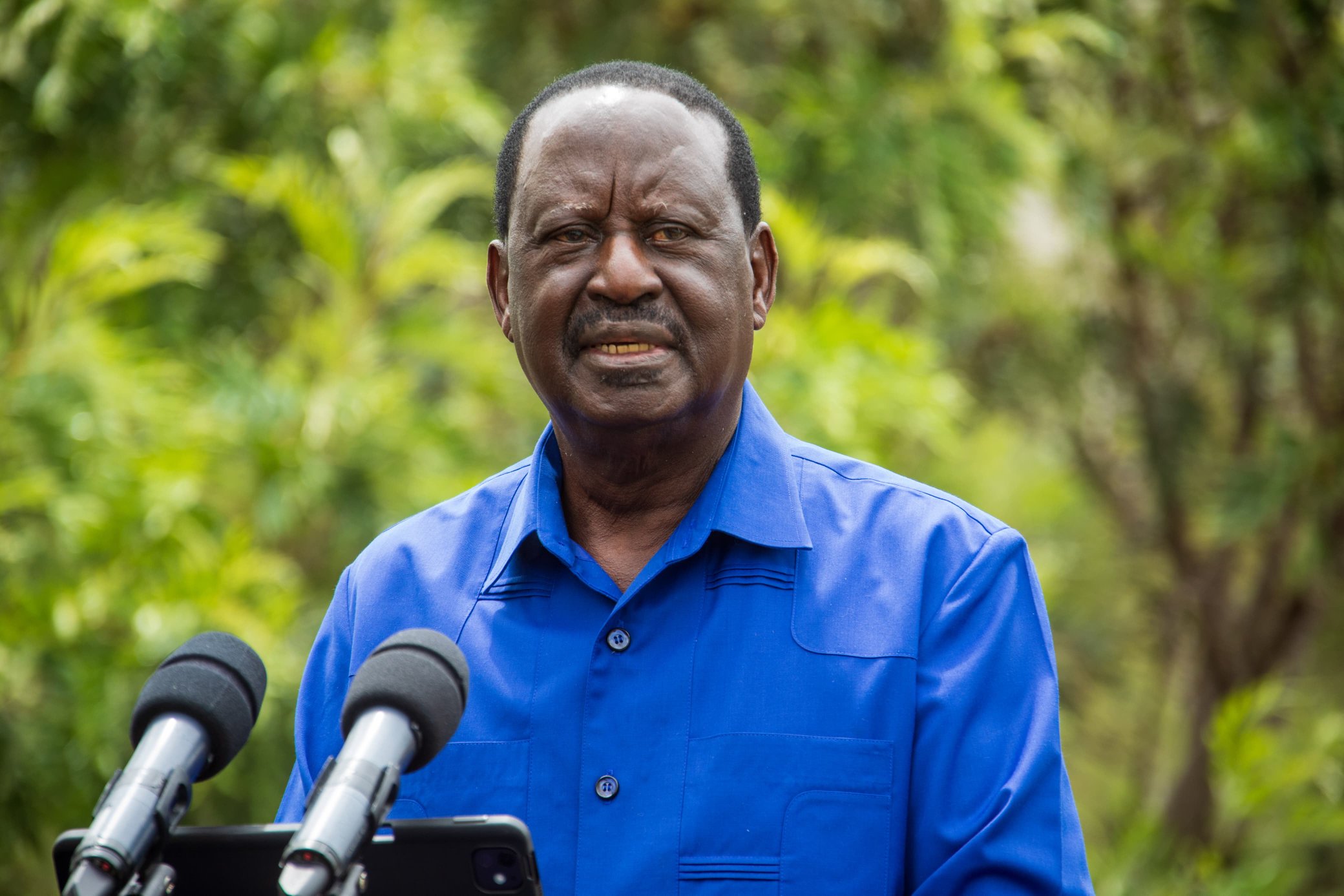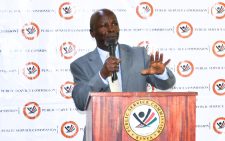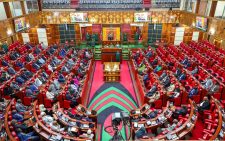Ruto above average, Kenya headed south

President William Ruto’s performance since taking over power a year ago is above average, although a majority of Kenyans still believe the country is headed the wrong direction, a new survey shows.
According to the survey, Ruto scored a C or 55 per cent in his overall performance with 56 per cent of the males believing that he had done well compared to 54 per cent of the females.
The survey released by Infotrak Research and Consulting shows that Rift Valley Region leads the pack with 60 per cent of the respondents believing he had performed well, followed by Central with 58 per cent, North Eastern 56 per cent, Eastern 55 per cent, Western 53 per cent, Coast and Nairobi 51 per cent and Nyanza 47 per cent.
Reads the report: “The survey sample achieved was 1,000 to represent the universe of adult Kenyans who were 18 years and above at the time of the survey. The sampling frame was designed using Population Proportionate to size (PPS) guided by the 2019 Census.”
It adds: “Where the achieved interviews differed slightly from the intended sampled proportions per demographic group, the dataset was weighted to correct for over or under sampling thus ensuring the sample was proportionally representative of the target population. The survey covered all the 47 counties and 8 regions of Kenya. To ensure national representativeness, the distribution of the survey sample across the regions was proportionately allocated.”
With regards to the direction the country is headed, the report shows that 53 per cent believe the country is headed in the wrong direction, 30 per cent in the right direction, and 13 per cent neither in the right or wrong direction while 0.3 per cent refused to answer.
With regards to gender 54 per cent believe that the country is headed in the wrong direction compared to 53 per cent of the men.
The number of Kenyans of the opinion the country is headed in the wrong direction has however improved when compared to a similar report released between July 3 and 8 which shows that 72 per cent of Kenyans felt the country was going the wrong way compared to 15 per cent who believed it is going in the right direction.
In terms of region, the report shows that Western and Nyanza region with 68 and 67 per cent lead the pack of those who believe that the country is headed in the wrong direction followed by Nairobi 61 per cent, Eastern 56 per cent, Coast 51 per cent, North Eastern 48 per cent, Rift Valley 45 per cent and Central 42 per cent.
On the other hand, North Eastern and Central regions with 40 per cent believe the country is going in the right direction, followed by rift valley with 38 per cent, Coast 16 per cent, Eastern 25 per cent, Nairobi 20 per cent, Western 19 per cent and Nyanza 16 per cent.
With regards to those who believe that the country is headed in the right direction 39 per cent cited peace in the country, 21 per cent said devolution had made a difference and that the executive is working well, 19 per cent believe that the cost of living is affordable, 16 per cent said that the healthcare in the country has improved.
Another 15 per cent said that their reason as to why the country is headed in the right direction is because the country has good infrastructure, 13 per cent said education has improved, eight per cent said it’s because their candidate is in power and seven per cent believe that the country is actively fighting corruption.
According to the report the high cost of living (89 per cent) which has in the last three months been cited as the reason as to why the country is going in the wrong direction still tops the list of the reasons why the country is doing badly.
The others cited as reasons why the country is doing badly include unemployment 34 per cent, poor 20 per cent, poverty 12 per cent, bad politics 8 per cent, unequal distribution, unequal distribution 5 per cent, poor infrastructure 3 per cent and high taxation one per cent.
Among the key issues that Kenyans raised which they said ought to be addressed as a matter of priority include high cost of living (65 per cent), unemployment (37 per cent), affordable quality of education (17 per cent), agriculture (16 per cent), access to affordable healthcare, corruption and infrastructure that is roads (15 per cent).









